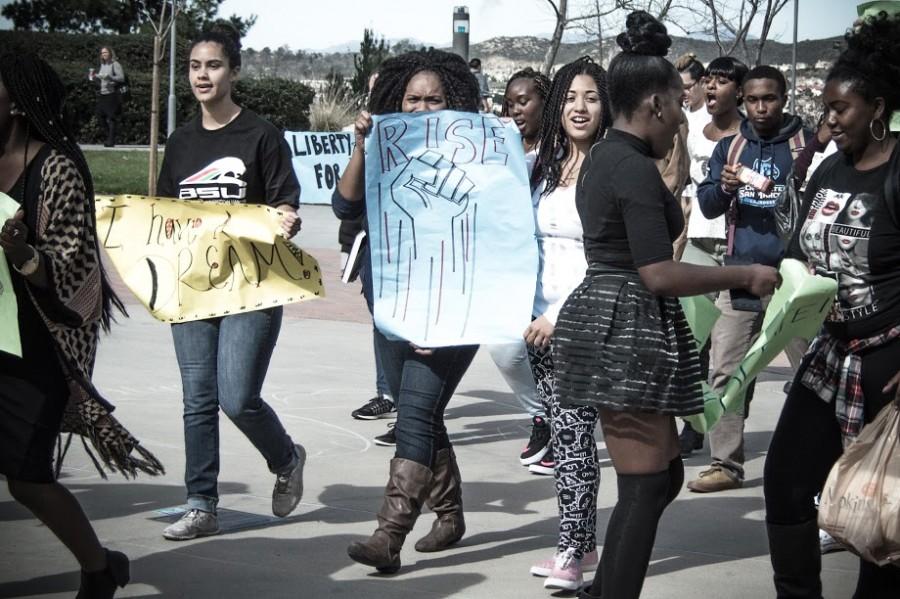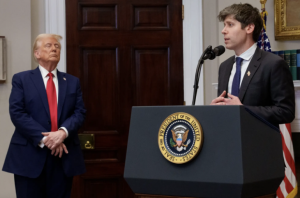Why we need the Black Lives Matter movement
February 23, 2016
I am white and I don’t support the All Lives Matter movement.
“All Lives Matter” was created as a defense to keep new ideas out. It is a cop-out to make sure that the majority is always included even when the majority doesn’t belong. It is willful colorblindness to attempt to take race out when race is a very strong factor in the equation. When people say “Black Lives Matter,” they are not saying that all other lives don’t matter. When someone asks to save the rainforest, they are not saying that we shouldn’t save the other forests of the world. This is just the rainforest that this specific group is concentrating on at the moment.
When someone says “All lives matter” in response to “Black lives matter,” they are including people who have never been told that their lives don’t matter. People of color have been told this for many years and although the Civil Rights Movement has given people much progress legally on paper, institutionalized racism is still a plague sweeping through our society. It seems like every day we’re getting a news story about how an unarmed black person was shot by police and how black people have been mistreated by authority figures.
There is also a pay gap between races. For every white man who earns $1, a black man earns 75 cents per dollar, and black women earn 64 cents per dollar. These things must be addressed in our society, and removing race makes it seem like the racial field is even, but it’s not.
Because of these inequality problems mentioned above, as well as many other injustices, the Black Lives Matter movement was born. According to the Black Lives Matter website, one common misconception is that “The movement hates white people. The statement ‘black lives matter’ is not an anti-white proposition. Contained within the statement is an unspoken but implied ‘too,’ as in ‘black lives matter, too,’ which suggests that the statement is one of inclusion rather than exclusion.”
When someone says “All lives matter,” they are negating many aspects of these conversations by devaluing the experiences of people of color. When those experiences are considered less, the lives of those who experienced them are considered less. Thus, the unspoken dicta “black lives don’t matter.” We need the Black Lives Matter movement because it is our responsibility as a society to recognize the value of black lives without people feeling threatened or defensive.







Josh Copeland • Feb 29, 2016 at 3:42 pm
couldn’t have said it better myself! great article Amy! Thank you so much for writing this!